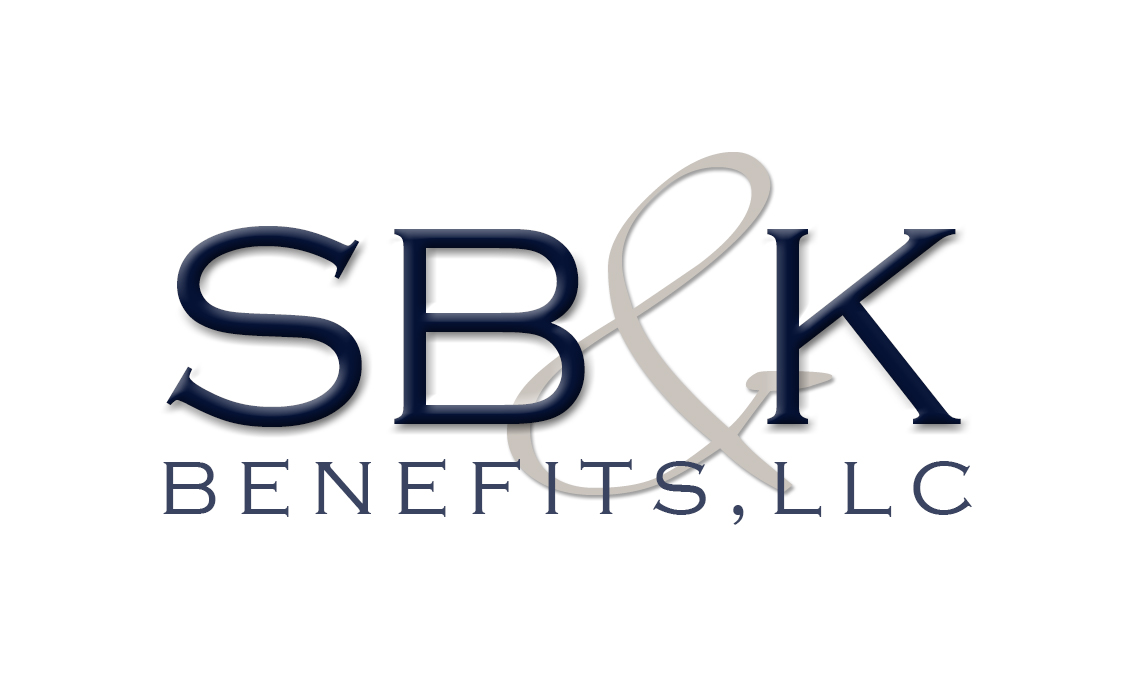In late February, the Internal Revenue Service (IRS) released Notice 2015-17, which offers guidance on the prohibition of employer payment plans. These plans are arrangements that pay for or reimburse premiums for individual health plans.
The notice reiterates that employer payment plans are not compliant with the Affordable Care Act (ACA) provisions that took effect in 2014. However, the notice also states that an increase in employee compensation, not conditional on the employee’s purchase of individual health insurance, is not considered an employer payment plan.
The notice clarifies confusion caused by some employers’ interpretations of Revenue Ruling 61-146 as support for employer payment plans. To counter the misinterpretation, the notice stated that this ruling does not address the application of the ACA’s market reforms and therefore should not be read as though it does.
Violating these ACA provisions can result in an excise tax of $100 per employee for each day that an employer is out of compliance.
The notice also provides information regarding transitional relief from the fines. Employers that are not applicable large employers (ALEs) under the ACA’s employer shared responsibility rules, as well as S corporation health care arrangements for 2-percent shareholder-employees, may be eligible for transition relief. The transition relief is available to eligible employers on a temporary basis until June 30, 2015. After that date, employers that are not in compliance may be liable for the excise tax.
The relief is not included for stand-alone HRAs or arrangements that cover employees’ medical expenses other than insurance premiums.
